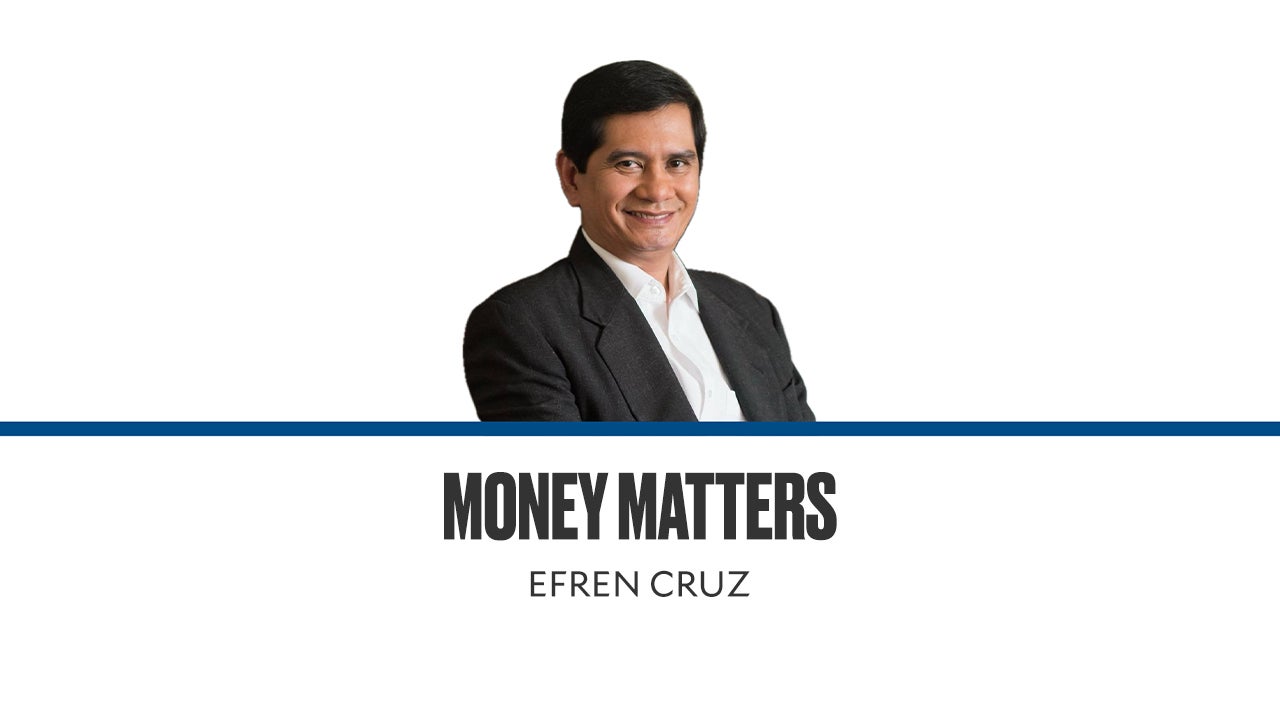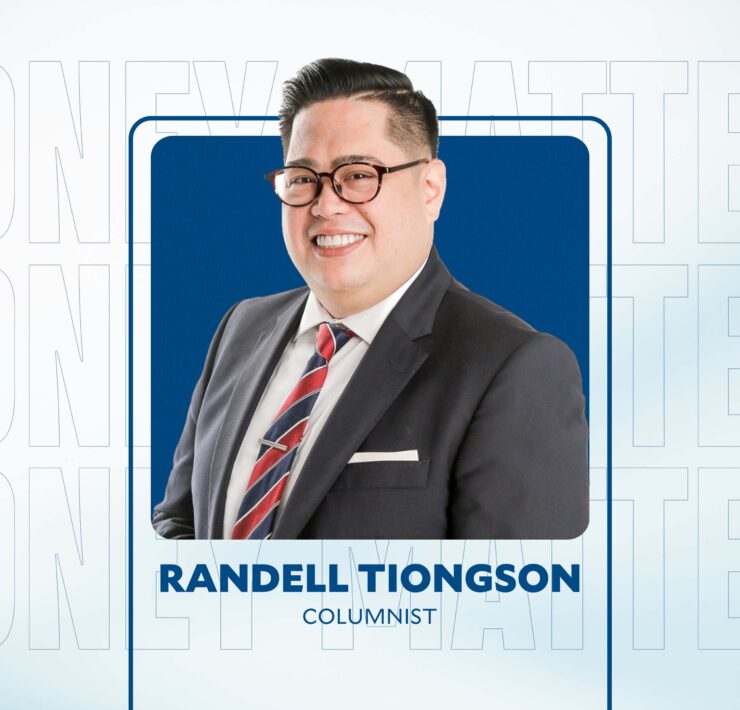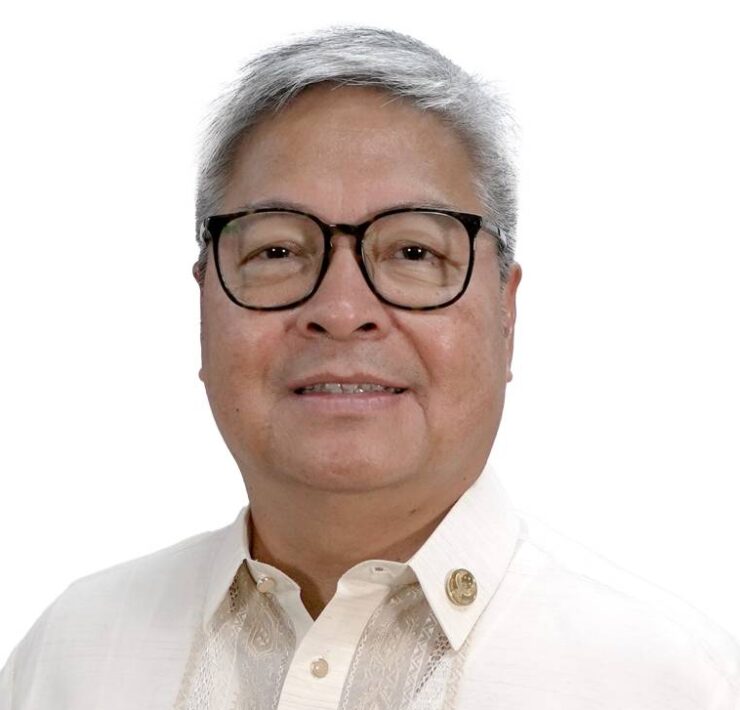Personal finance trends for 2025

The New Year is a great time for predictions. But more than just predicting the movements in stock prices and interest rates, there is a need to see the direction of practices in personal finance for the average Filipino this coming 2025 in the face of fast developments in technology. And for this, I decided to interview one of the most followed Filipino vloggers on personal finance, Janice Sabitsana.
Popularly known as the Pinay Investor on YouTube, Janice is a registered financial planner (RFP) and YAMAN Coach. She also has a blog: PinayInvestor.com.
Question: What do you think will be a major trend on how Filipinos manage their personal finance in 2025?
Answer: Digital banking and financial technology are revolutionizing how Filipinos handle their finances, bringing convenience, accessibility and innovation to a population long underserved by traditional banking. In 2025, I expect a significant shift as more Filipinos embrace digital-first banking solutions for their everyday financial needs.
Q: What are digital banks doing to accelerate this shift?
A: Digital banks are offering higher interest rates on savings, minimal to no fees, and 24/7 access—all of which appeal especially to a younger, more tech-savvy demographic.
Q: How is this shift to the use of more digital banking products manifesting in the daily lives of Filipinos?
A: Mobile wallets continue to dominate day-to-day transactions, from paying bills and shopping online to transferring money to family and friends. E-wallets are no longer just conveniences; they have become essential tools for many Filipinos, with cashless transactions increasingly preferred even at sari-sari stores, wet markets and public transportation. Interest in this area is growing rapidly. In many of my financial talks, one of the most frequently requested topics across various audiences, from students and employees to moms and retirees, is digital banking. People are eager to understand how they can maximize the benefits of e-wallets, online banking and fintech tools while minimizing risks. This shows a significant shift in mindset: Filipinos are no longer just experimenting with these technologies; they are integrating them into their daily lives as trusted financial solutions. In fact, some of the e-wallet brands have now been ‘genericided’ or ‘verbified.’
Q: What do you mean by ‘genericided’ and ‘verbified’?
A: When a brand name becomes popular, it starts to get used as a verb. This is called ‘genericide’ or ‘verbification’. In other words, the brand name has become a generic term for the action associated with the product or service. For example, when people want to search for something on the Internet, they will ‘google’ it.
Q: Is the government supportive of digital banking?
A: Government initiatives like QR Ph are making quick response-based payments more accessible, integrating them seamlessly into the financial routines of micro-entrepreneurs and small businesses.
Q: Are there risks to using technology for personal finance?
A: The rapid adoption of technologies for personal finance is not without challenges. Online fraud, phishing schemes and social engineering scams are rising concerns. In 2025, addressing these risks through education and awareness will be critical. Both private institutions and government agencies need to intensify their digital literacy campaigns to empower users to recognize and avoid scams. Financial institutions need to also further enhance security measures such as multifactor authentication, fraud detection systems and encryption to build trust and confidence among their users. Another emerging trend is the integration of financial education into fintech platforms. Many apps now offer in-app tools to teach users how to budget, save and invest, making financial literacy more accessible to a broader audience.
Q: Would you have any final thoughts on the matter?
A: The rise of digital banking and fintech in the Philippines reflects a deeper cultural shift in how Filipinos approach money. No longer limited by traditional banking systems, more people are seeing these technologies as empowering tools to help them save, manage and grow their finances. With continued efforts to educate and protect users, digital banking has the potential to reshape personal finance for the better, making it more inclusive and secure for all.
Send questions via “Ask a Friend, Ask Efren” free service at www.personalfinance.ph, SMS, Viber, Twitter, LinkedIn, WhatsApp, Instagram and Facebook. Efren Ll. Cruz is a registered financial planner and director of RFP Philippines, seasoned investment adviser, bestselling author of personal finance books in the Philippines and a YAMAN coach.





















